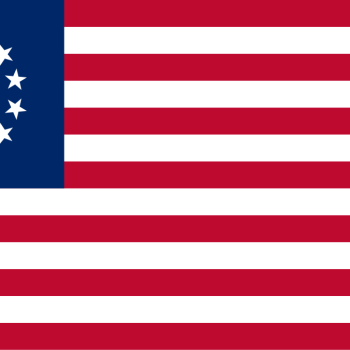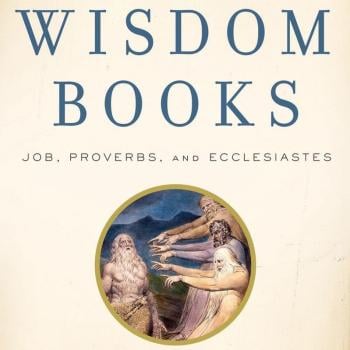Q. We have recently learned, through the publication of some deeply personal letters (and their analysis in a recent issue of Theology Today) between Karl Barth and Charlotte von Kirschbaum that his relationship with her was not as previously advertised, and certainly not a purely ‘working’ relationship, but rather a menage a trois of sorts. Should this change the way we view his theology? Does this invalidate the integrity of his theological work? If it does change things, how does it change it, and why?
interview
1
MG
Mark Galli
Reply|
Today, 7:54 PM
You
Ben, let me try one more time. I’ve had a few days to process my thoughts about Barth and CvK, and I think I’d like to put the answer this way now. Last revision!! Please use this one and discard the others.
Mark
A. What was disturbing about the recent revelations was not the fact of the adulterous relationship–we already suspected that–but how Barth thought about it. It would seem to undermine of the points of the book–that Barth can help us evangelicals ground our theology in the revelation of Jesus Christ, and not in our emotions or our experience. It was that subjectivism (getting swept up in patriotism) that prompted liberal theologians to equate national euphoria with the will of God and support the German war effort in WWI. This move so rattled Barth, he felt compelled to rethink theology from the ground up.
Unfortunately, at a key juncture of his life, Barth himself falls into that very subjectivism, more or less saying that his relationship with Charlotte felt so good, so right, it had to come from God! And then, as a theologian will do, he justified the relationship with his dialectical method.
It’s not that Barth was just another sinner, or that he had an affair—that’s not the issue. We all do stupid things in life. It’s that he justified the affair on the very grounds that contradicted his theological project as well as his theological method. That is disappointing but more importantly, instructive. It means, first, that while good theology can help one lead a godly life, it cannot ensure it. Second, it shows how human beings can take the good (in this case, good theology) and twist it to justify sin. Third, it demonstrates once again how God uses sinners of all sorts to help us better grasp who he is and what he has done for us in Christ.
This is not an attempt to justify Barth’s adultery–by no means. It just shows again God using people in spite of themselves, and using even moral catastrophes to help the gospel to shine forth. It reminds one of Bernard of Clairvaux, who preached the second Crusade, and yet also wrote one of the most beautiful treatises on the love of God. Other examples abound in church history.
As I say in the book, subjectivity—experience of Christ, of salvation—is part and parcel of what it means to be evangelical, for good and for ill. I want evangelicals to entertain Barth’s theology as one way to put a check on excessive subjectivity. This episode is a good reminder that a theology like Barth’s, while it can certainly help us–by turning our gaze from ourselves to Christ–isn’t a magic cure. The excessive interest in the self also comes out only with prayer and fasting!
—— Mark Galli















